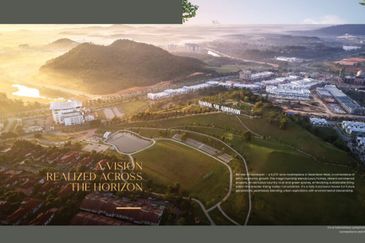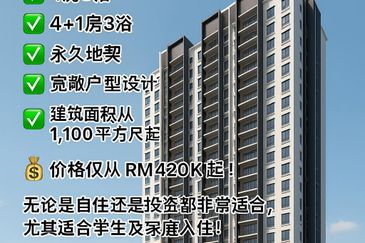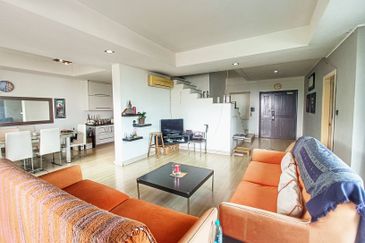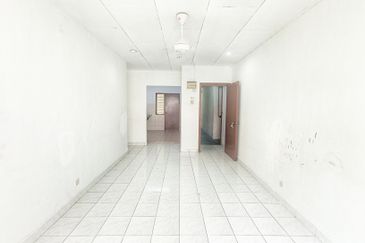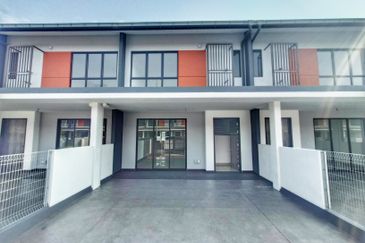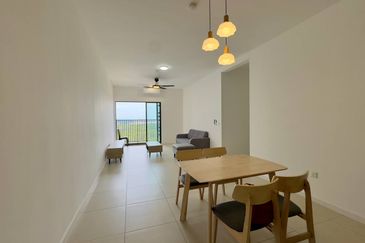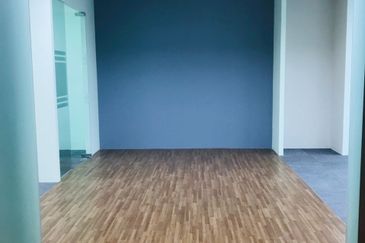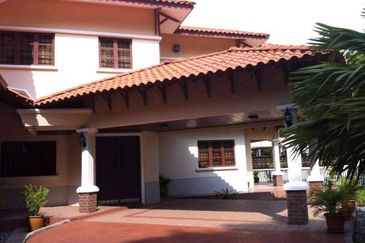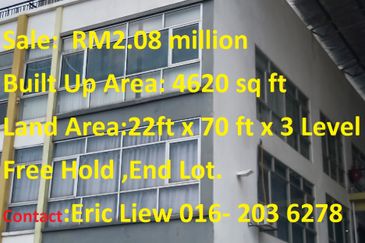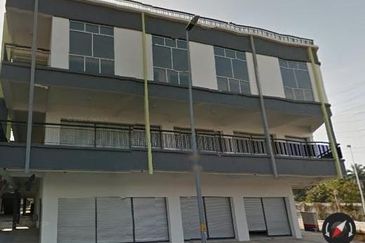
The Strata Management Act 2013 (SMA) came into force in June 2015. It is a convoluted and intricate legislation with a lot of untested areas. Here, we discuss the various types of resolutions under the SMA which is one of the more common queries the National House Buyers Association (HBA) has been inundated with.
Property owners are often confused with the various types of resolutions. It is important to appreciate that, pursuant to the SMA, there are four types of resolutions namely Ordinary Resolution, Special Resolution, Comprehensive Resolution and Unanimous Resolution. These resolutions require different threshold of votes in order for it to be carried. This is because certain matters have long lasting effect to a stratified development and therefore require a clearer mandate.
An Ordinary Resolution generally requires at least 14 days’ notice and is carried if supported by a simple majority of votes cast. This is the most common method whereby a decision can be made during a general meeting and is applicable to Joint Management Body (JMB), Management Corporation (MC) and subsidiary Management Corporation (Sub MCs).
A Special Resolution requires a longer notice period of at least 21 days and is considered passed if it receives at least three-quarters of valid votes cast in a general meeting by a show of hands, or, if a poll is taken, by a majority consisting of not less than three-quarters in number of the valid votes cast (section 2 of the SMA).
A Special Resolution is required when a management body wishes to make or amend a by-law pursuant to section 70 of the SMA, or when a JMB or MC pursuant to section 98 of the SMA wishes to insure against other risks other than those in a building fire insurance policy as stated in section 93 of the SMA. The Special Resolution is also applicable to Sub MCs.
On the other hand, a Unanimous Resolution requires every valid vote cast at the general meeting by a show of hands, or by every valid vote cast if a poll is conducted (section 2 of the SMA), for it to be carried. The notice period requires at least 21 days. This type of resolution is relevant when an MC pursuant to section 74 of the SMA wishes to acquire land outside the lot or to grant or accept the burden or benefit of an easement on the lot. Hence, it is only applicable to an MC.
Comprehensive Resolution requires a longer notice period of at least 30 days before the general meeting which the resolution will be considered. The votes will be cast by poll over a period of 60 days (section 2 of the SMA). At the end of 60 days, the votes will be counted and the Comprehensive Resolution is only carried if the valid votes cast for the resolution is at least two-thirds of the aggregate share units of all the parcels in the stratified development. This type of resolution is applicable when a decision is needed to create a Sub MC and limited common property pursuant to section 17A of the Strata Titles Act 1985. Hence, it is only applicable to an MC only.
Requisition for motion
Another popular query is about when is it a suitable time to submit a motion to be proposed, discussed and voted upon during a general meeting. Paragraph 13, Second Schedule of the SMA, reads as follows:-

Requisition for motions to be included on agenda for general meeting
(1) Any proprietor may, by notice in writing deposit at the registered office of the management corporation not less than seven days before the time for holding the meeting, require inclusion of a motion as set out in such notice in the agenda of the next general meeting of the management corporation.
(2) Upon receipt of the notice under subparagraph (1), the management committee shall include the motion in the agenda of next general meeting, and the notice of the motion shall be displayed on the notice board of the management corporation.”
The words ‘next general meeting’ in this provision appears to render the provision ambiguous. However, it will not be so ambiguous if it is read in conjunction with paragraph 12, Second Schedule of the SMA, as shown below:-
Notice of general meeting
(1) At least fourteen days’ notice of any general meeting shall be given to every proprietor.
(2) Every notice for a general meeting shall include but not be limited to the following:
a. the place, date and time for the meeting;
b. each proposed resolution to be considered at the meeting; and
c. a notification to each proprietor of his voting rights and that he may vote in person or by proxy at the meeting.
(3) In the case of an annual general meeting, the notice in subparagraph (2) shall also—
a. be accompanied by a copy of the minutes of the last annual general meeting;
b. be accompanied by a copy of the audited accounts together with the auditor’s report on the accounts of the management corporation; and
c. specify any other matters to be considered at the meeting.
(4) No motion shall be submitted at a general meeting unless—
a. notice of the motion has been given in accordance with this paragraph; or
b. the motion is a motion to amend a motion of which notice has been so given.”
Any property owner who requires inclusion in the agenda of the MC’s next general meeting may serve a notice in writing to the MC and if at the time of the submission of the written request, notices have been given in respect of an upcoming general meeting, the said motion shall only be included in the agenda of the following general meeting.
The rationale is that if new inclusions into an agenda are allowed after the notices of general meeting have been served, owners who did not attend the meeting may not be aware of the additional motion requested. It is also to avoid submission of contentious motions in hopes that they will be carried without the knowledge of non-attending owners.
Until our Parliament amends the law or the Courts of Law further clarifies on this issue, HBA will take the view that no new fresh motion will be allowed unless there is at least 14-day notification to every owner. Of note is that, the SMA does not prohibit owners from submitting fresh motions at any time of the year even in the absence of any notice convening a general meeting.
Rejection of motion submitted by owners
Can the management body refuse to include a motion submitted by owners, into the agenda of the next general meeting?
Paragraph 13(2) of the Second Schedule shows that it is mandatory for the management body to include a motion submitted by the owners into the agenda of the next general meeting. This also applies to a motion to amend any existing motions as set out in the agenda of the notice for the upcoming general meeting.
Deciding matters at general meeting by poll
There are also queries whether a demand for a poll in deciding matters during general meeting needs to be agreed by the majority of the persons entitled to vote. Paragraph 17(1), Second Schedule of the SMA provides that it is sufficient for one owner to demand for a poll hence there is no requirement for the majority to agree.
Similarly, pursuant to paragraph 17(4), Second Schedule of the SMA, the demand for poll can only be withdrawn by the person who makes the demand.
It is expected more uncertainties or lacuna in the SMA and its Regulations will arise, be argued, tested and clarified by the Courts of Law. HBA has made proposals for the amendments to the SMA and Regulations in view of the many existing uncertainties. Hopefully, the ambiguities in the strata management legislations can be resolved shortly.
Datuk Chang Kim Loong is the Hon. Secretary-General of the National House Buyers Association (HBA).
HBA can be contacted at: Email: [email protected]
Website: www.hba.org.my
Tel: +6012 334 5676
Stay safe. Keep updated on the latest news at www.EdgeProp.my
This story first appeared in the EdgeProp.my e-Pub on June 19, 2020. You can access back issues here.
TOP PICKS BY EDGEPROP
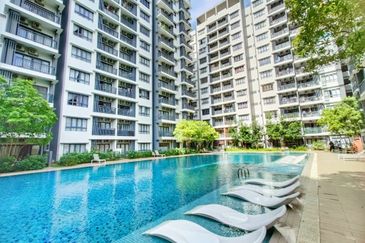
Suria Residence by Sunsuria
Bukit Jelutong, Selangor
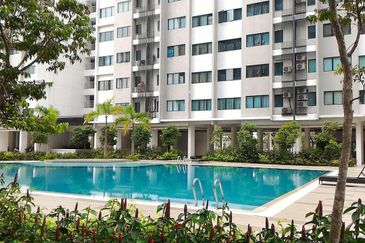
Suria Rafflesia
Setia Alam/Alam Nusantara, Selangor

Taman Perindustrian USJ 1
Subang Jaya, Selangor

Taman Perindustrian USJ 1
Subang Jaya, Selangor



